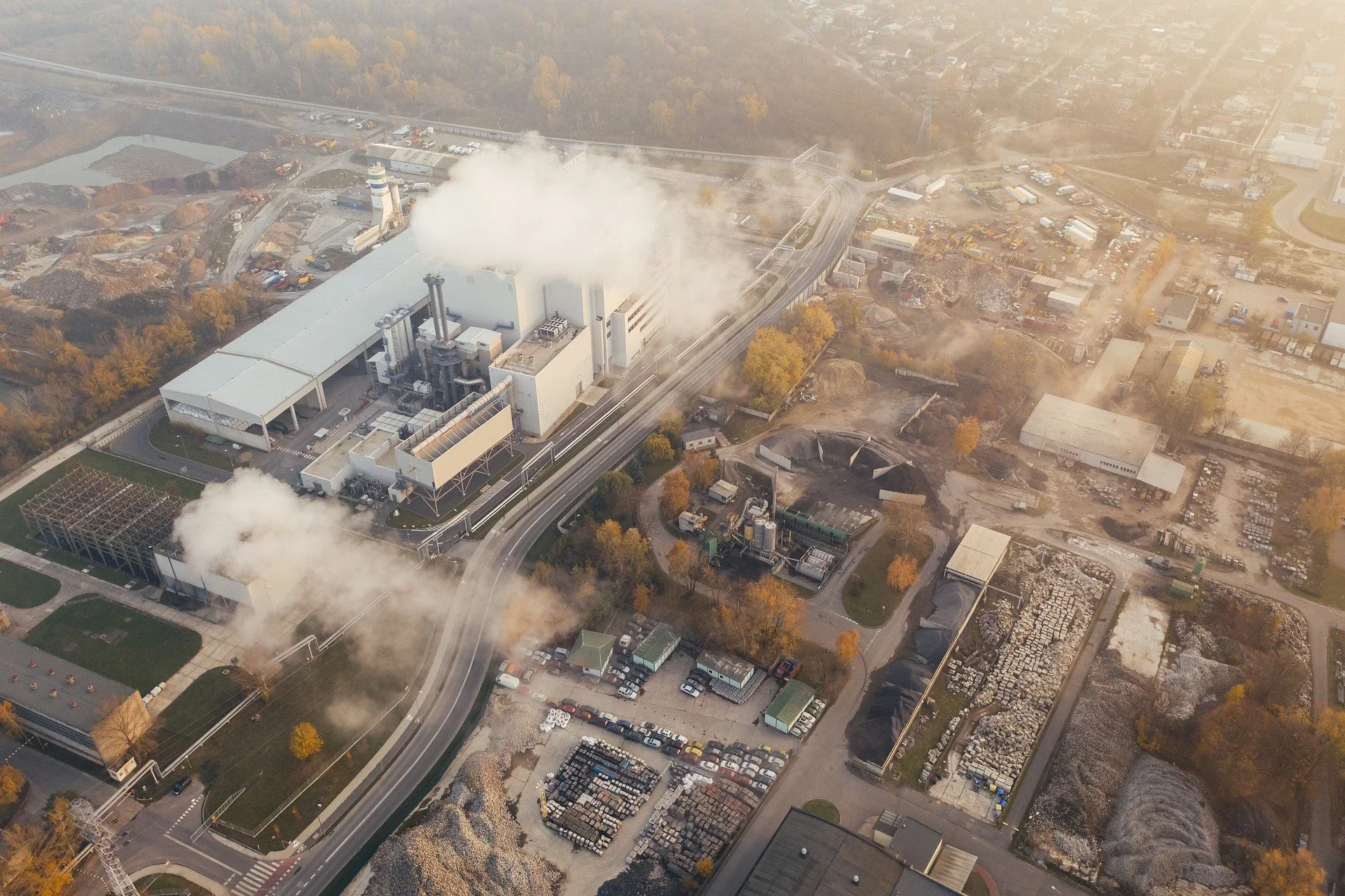Fossil fuel air pollution responsible for 1 in 5 deaths worldwide

New research from Harvard University, in collaboration with the University of Birmingham, the University of Leicester and University College London, found that more than 8 million people died in 2018 from fossil fuel pollution, significantly higher than previous research suggested—meaning that air pollution from burning fossil fuels like coal and diesel was responsible for about 1 in 5 deaths worldwide.
The study, “Global Mortality From Outdoor Fine Particle Pollution Generated by Fossil Fuel Combustion,” published in Environmental Research, is based on a groundbreaking analysis that enabled the researchers to directly attribute premature deaths from fine particulate pollution (PM 2.5) to fossil fuel combustion.
“Often, when we discuss the dangers of fossil fuel combustion, it’s in the context of CO2 and climate change and overlook the potential health impact of the pollutants co-emitted with greenhouse gases,” said Dr. Joel Schwartz, Professor at Harvard Chan School and co-author of the study. “We hope that by quantifying the health consequences of fossil fuel combustion, we can send a clear message to policymakers and stakeholders of the benefits of a transition to alternative energy sources.”
The findings underscore the detrimental impact of fossil fuels on global health.
“The health gains we can achieve from getting off fossil fuels is twice what we thought it was yesterday,” said Dr. Aaron Bernstein, Director of the Center for Climate, Health, and the Global Environment at Harvard Chan School. “The Global Burden of Disease study estimated deaths from fossil fuels numbered 4.2 million in 2015, but thanks to more rigorous science, we can now see that fossil fuels cause far more harm than previously understood. Now more than ever we can see the healthier, more just and sustainable world that climate actions can deliver.”
Key Takeaways
- Worldwide, air pollution from burning fossil fuels is responsible for about 1 in 5 deaths—roughly the population of New York City.
- In the United States 350,000 premature deaths are attributed to fossil fuel pollution. The states with the highest number of deaths per capita are PA, OH, MI, IN, KY, WV, IL, NJ, WI
- Transitioning from fossil fuels to renewable energy has immediate health benefits, including preventing premature deaths attributed to fossil fuel pollution.
- Exposure to particulate matter from fossil fuels accounted for 21.5% of total deaths in 2012, falling to 18% in 2018 due to tightening air quality measures in China
- In India, fossil fuel pollution was responsible for nearly 2.5 million people (aged over 14) in 2018; representing over 30% of total deaths in India among people over age 14
- Thousands of kids under age 5 die each year due to respiratory infections attributed to fossil fuel pollution
Authors
- Karn Vohra, School of Geography, Earth and Environmental Sciences, University of Birmingham, Birmingham, UK
- Alina Vodonos, Harvard T.H. Chan School of Public Health, Department of Environmental Health, Harvard University, Boston, MA, USA
- Joel Schwartz, Harvard T.H. Chan School of Public Health, Department of Environmental Health, Harvard University, Boston, MA, USA
- Eloise A. Marais, Department of Geography, University College London, London, UK
- Melissa P. Sulprizio, John A. Paulson School of Engineering and Applied Sciences, Harvard University, Cambridge, MA, USA
- Loretta J. Mickley, John A. Paulson School of Engineering and Applied Sciences, Harvard University, Cambridge, MA, USA
The study was supported by the Wallace Global Fund, the Environment and Health Fund (EHF) Israel, and University of Birmingham Global Challenges PhD studentship.
Related media
- Fossil Fuel Pollution Kills 8.7 Million a Year, Twice Previous Estimate, (Bloomberg)
- Study: Fossil fuel air pollution linked to 1 in 5 deaths worldwide, (The Hill)
- ‘Invisible killer’: fossil fuels caused 8.7m deaths globally in 2018, research finds, (Guardian)

